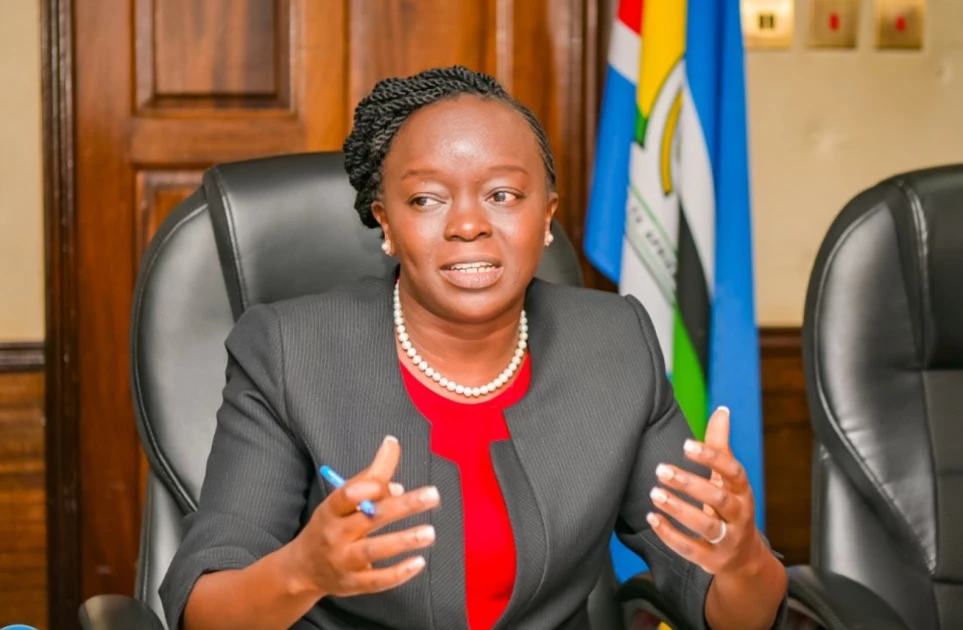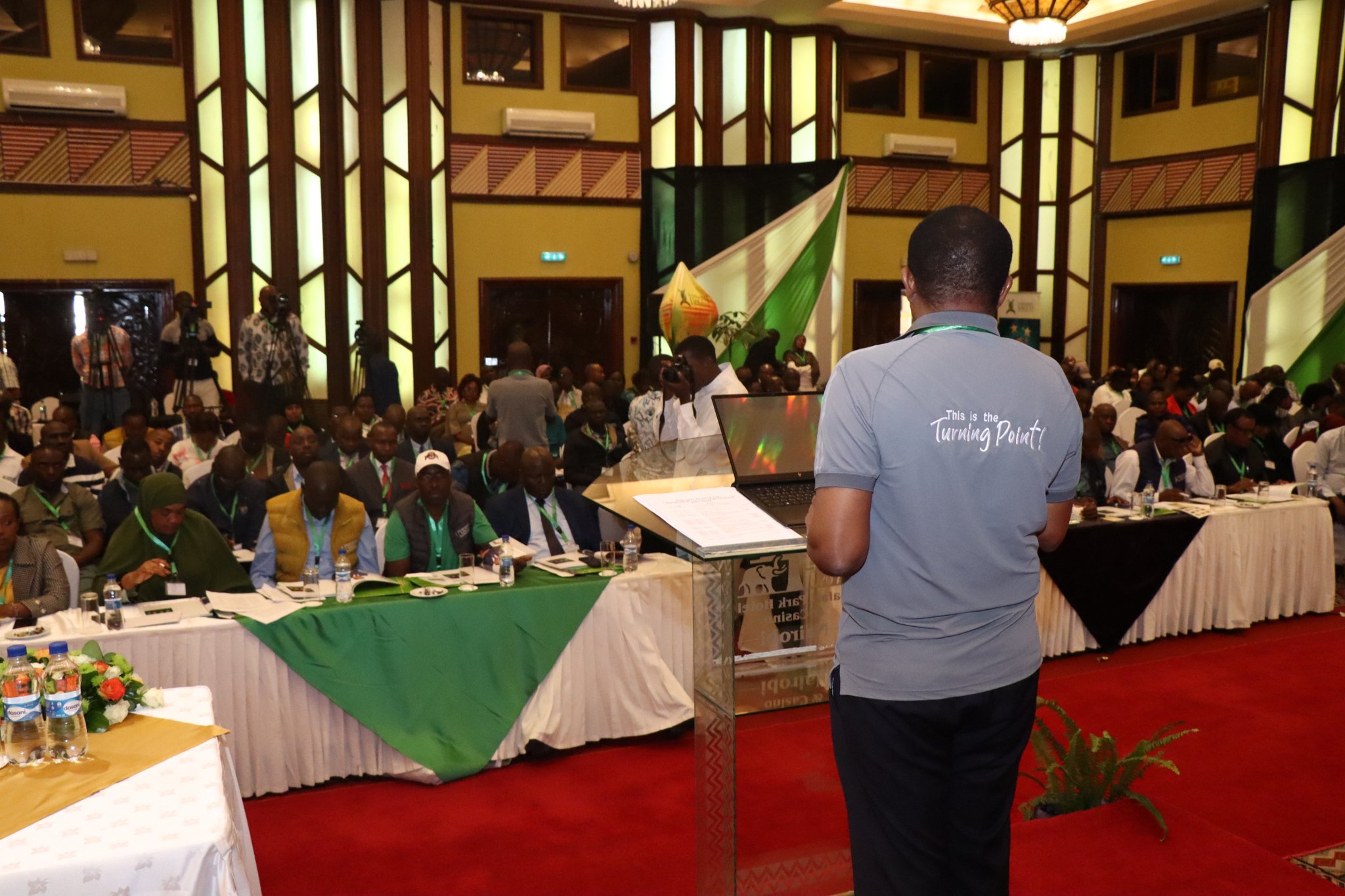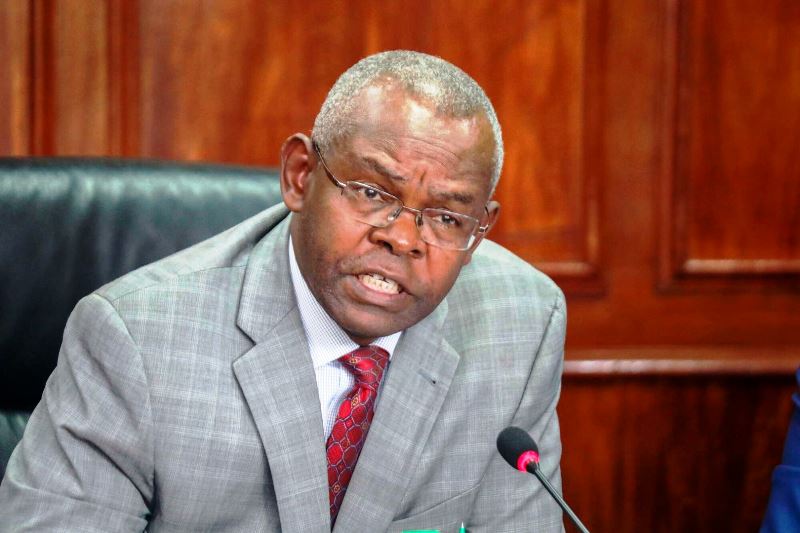The government has reinstated the National Health Insurance Fund (NHIF) system to address failures in the newly implemented Social Health Insurance Fund (SHIF) Integrated Healthcare Information Technology System (IHTS), which has not functioned for over two weeks. This crisis has left thousands of patients, including those requiring urgent care, without access to necessary medical services as hospitals struggle to process claims.
Previously covered services, such as surgeries, remain unavailable due to the malfunctioning system, which was developed by a consortium including Safaricom. Questions are also being raised about the procurement process involving Comtech Consortium Ltd and its links to Adani Enterprises, particularly regarding the lack of competitive bidding.
In response to the escalating crisis, President William Ruto has directed NHIF staff to ensure the abandoned system is utilized effectively. He aims for a full rollout before addressing the nation during Mashujaa Day celebrations at Kwale Stadium.
Despite promises from SHIF and the Ministry of Health to process claims for registered NHIF patients, confusion persists over reimbursement channels. Many hospitals have resorted to out-of-pocket payments, creating financial strain for patients, as SHA currently lacks its own staff.
Following Ruto’s directive, claims are being processed under SHA using the NHIF system. Last week, Principal Secretary for Medical Services Harry Kimtai announced that Ksh 1.5 billion would be released to settle outstanding claims, with an additional Ksh 3 billion to follow, totaling Ksh 4.5 billion.
Kimtai emphasized transparency in the reimbursement process during a meeting with representatives from faith-based health institutions, as concerns over unequal payment distributions were raised. The meeting highlighted the ongoing challenges following NHIF’s closure amidst the contentious rollout of the Ksh 104 billion SHIF’s IHTS.
The Indian-based Adani Group is also facing scrutiny over other significant deals, including the proposed takeover of Jomo Kenyatta International Airport and a Ketraco contract for Sh95 billion.
Meanwhile, the Safaricom-led consortium aims to recover its investment by establishing a health information exchange to register Kenyans, evaluate contribution levels, and enhance the sharing of patient records while digitizing the health supply chain for better product visibility and traceability. This initiative will also include training public health officials in system management and technology deployment.




